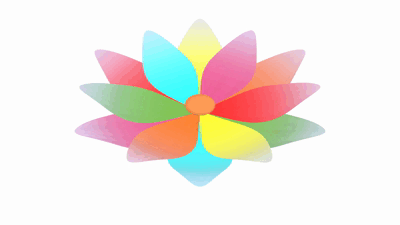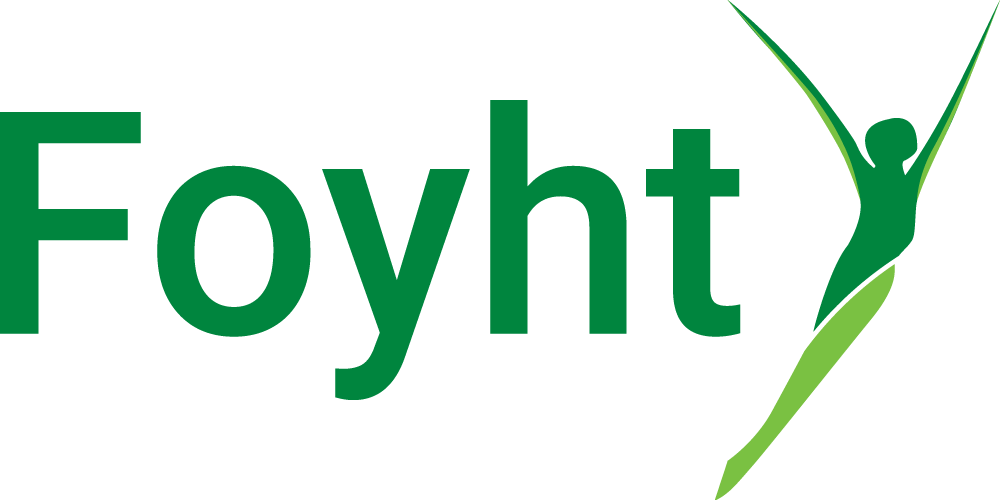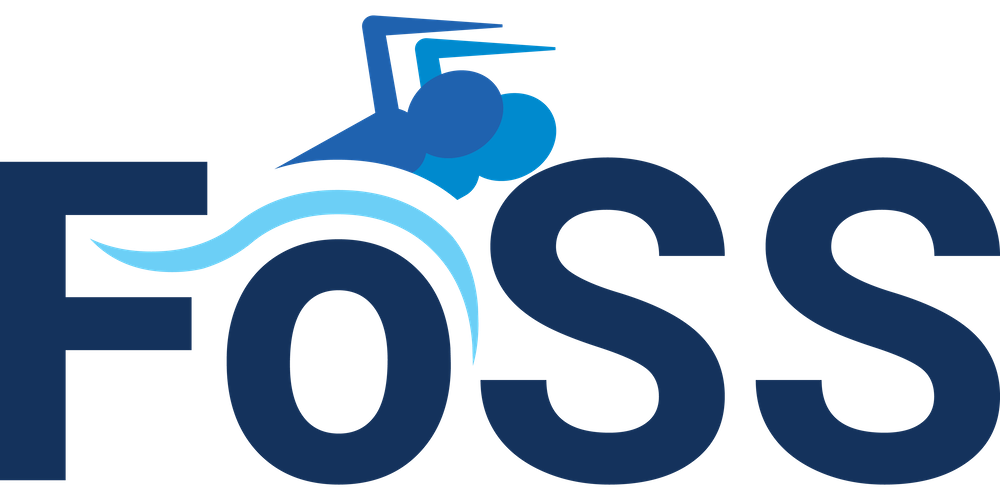Revolutionary Emotional Intelligence Cards Transforming How We Understand Our Emotions
In a world where mental health challenges are reaching unprecedented levels, particularly among young people, a revolutionary approach to emotional intelligence is changing how we understand and befriend our emotions. Rather than viewing difficult feelings as problems to be fixed, what if we could learn to see them as helpful messengers – different parts of ourselves, each with their own wisdom and protective purpose? 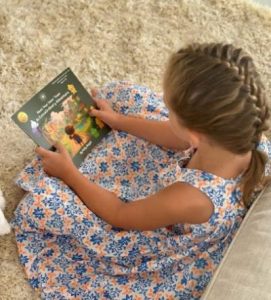
The Crisis in Emotional Wellbeing
The statistics are sobering. According to the Mental Health Foundation (2024), 20% of adolescents may experience a mental health problem in any given year, whilst research from The Children’s Society (2022) shows that in the last three years, the likelihood of young people having a mental health problem has increased by 50%. Despite increased awareness and resources, we’re still losing the battle for emotional wellbeing.
The problem isn’t that we’re not trying – it’s that we’re approaching emotions all wrong. Traditional mental health education treats emotions like problems to be managed rather than wisdom to be understood. We teach people to “control” their anxiety, “manage” their anger, and “get over” their sadness. This approach fundamentally misses the point: emotions aren’t the enemy.
A Revolutionary Approach: Internal Family Systems for Everyone
The breakthrough comes from understanding that we all have different “parts” within us – each with their own feelings, protective strategies, and important jobs. This concept, rooted in Internal Family Systems (IFS) therapy developed by Dr. Richard Schwartz, recognises that rather than fighting our emotions, we can learn to befriend them.
Think about it: The part of you that worries isn’t trying to make your life miserable – it’s scanning for danger to keep you safe. The part that strives for achievement isn’t being obsessive – it’s trying to ensure you succeed and feel proud. The part that feels sad isn’t weak – it’s processing loss and asking for comfort.
Dr. Schwartz’s research found that when people learn to befriend their emotions rather than fight them, anxiety decreases significantly whilst self-compassion and resilience increase. This fundamental shift – from fighting emotions to befriending them – changes everything. 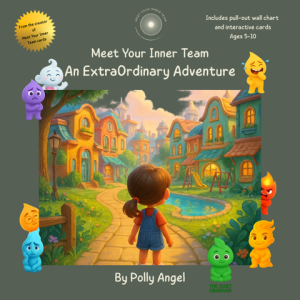
Introducing “Meet Your Inner Team”
Building on these powerful principles, “Meet Your Inner Team” emotional intelligence cards offer an accessible way for people aged 12 and above to understand their emotional landscape. Unlike traditional approaches that pathologise difficult emotions, these cards help users recognise that every feeling has a purpose and deserves respect.
The cards introduce four distinct teams within our inner world:
The Guardians (Your Protectors)
These parts guard against possible future pain – including The Worrier, The Perfectionist, The People-Pleaser, and The Controller. Rather than seeing these as character flaws, users learn to appreciate how these parts developed to keep them safe.
The Hidden Hearts (Your Tender Parts)
These vulnerable parts hide to protect themselves from harm – The Lonely One, The Sad One, The Frightened One. Understanding these parts helps develop self-compassion rather than self-criticism.
The Reactors (Your Quick Responders)
These parts create distractions from present pain – The Workaholic, The Escapist, The Exploder. Recognising these patterns helps users understand their coping mechanisms without judgment.
The Inner Guides (Your Wise Leaders)
These authentic elements represent who we truly are – The Wise Self, The Confident One, The Healer, The Creator. These parts can lead with compassion when we’re not overwhelmed by protective patterns.
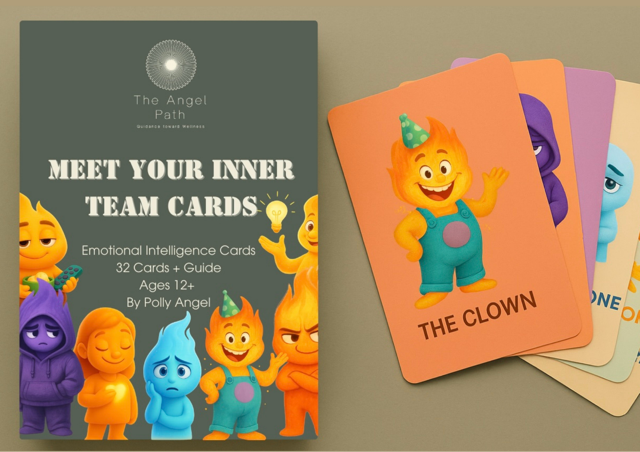
Evidence-Based Benefits
Research consistently shows that people with higher emotional intelligence experience better academic performance, stronger relationships, lower rates of depression and anxiety, and higher life satisfaction. A landmark study by Yale University found that schools implementing comprehensive emotional intelligence programmes saw a 23-point improvement in academic test scores alongside significant decreases in behavioural problems.
The neurological explanation is clear: when people learn to understand and regulate their emotions, the prefrontal cortex (responsible for executive function and decision-making) develops more effectively. They literally become better learners and decision-makers when they’re not constantly managing emotional overwhelm.
Beyond Traditional Therapy
What makes this approach particularly powerful is its accessibility across age groups. While traditional therapy can be expensive and time-consuming, the “Meet Your Inner Team” system provides immediate, practical tools that families, educators, and individuals can use anywhere. The teen/adult cards come with a comprehensive guidebook explaining effective implementation, while the children’s book offers parents scripts and strategies for supporting younger children’s emotional development.
Both products are already generating interest from counsellors, teachers, and educational professionals who recognise the need for accessible emotional intelligence tools that don’t require extensive training to implement effectively. The system bridges the gap between therapeutic concepts and everyday family life, making sophisticated emotional intelligence education available to everyone.
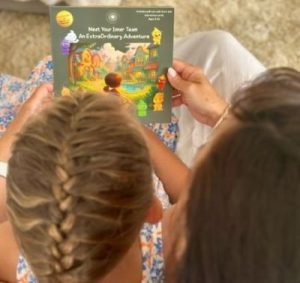
A Broader Vision for Emotional Wellness
“Meet Your Inner Team” is part of a larger movement toward preventive emotional health education. Rather than waiting for mental health crises to develop, this approach teaches emotional intelligence skills during the crucial years when patterns become established.
The Superpower Academy, which uses these same principles in school workshops for young people aged 12-21, demonstrates how early emotional intelligence education can prevent anxiety and build resilience before mental health challenges become entrenched.
Transforming Relationships with Ourselves
Perhaps most importantly, this approach fundamentally changes how we relate to ourselves. Instead of being our own worst critic, we can become our own wise and compassionate guide. Instead of fighting internal battles, we can develop internal teamwork.
Users often report profound shifts in self-understanding and self-compassion. One parent shared: “My teenager finally understands that her anxiety isn’t something wrong with her – it’s a part trying to protect her. Now instead of fighting it, she talks to it, and the whole family dynamic has changed.”

The Future of Emotional Intelligence
As mental health challenges continue to rise, tools like “Meet Your Inner Team” represent a crucial shift toward prevention, education, and self-empowerment. By teaching people to understand their emotional landscape rather than simply manage symptoms, we’re building emotional intelligence that lasts a lifetime.
Understanding is power. And when we understand that our emotions aren’t problems to be fixed but wisdom to be honoured, we transform not just our own lives, but our relationships, families, and communities.
The question isn’t whether we can afford to invest in emotional intelligence education – it’s whether we can afford not to. Every person who learns to befriend their inner team becomes a ripple of emotional wisdom in the world, creating the calmer, more compassionate future we all need.
Connect with Polly
- Website
- InstagramEmail: polly@theangelpath.com
- Click here to preorder “Meet Your Inner Team” products
- Book an Angel Path Discovery Call, or learn more about bringing The Superpower Academy to your school
- Follow on socials for more updates about the book and card launch October 2025
References
- Mental Health Foundation (2024). Children and young people: statistics. Available at: mentalhealth.org.uk
- The Children’s Society (2022). Good Childhood Report. Available at: childrenssociety.org.uk
- Yale University (2023). Emotional Intelligence in Schools: Academic and Behavioral Outcomes
- Schwartz, R. (2021). Internal Family Systems Therapy Research Outcomes
Main – created in Canva
